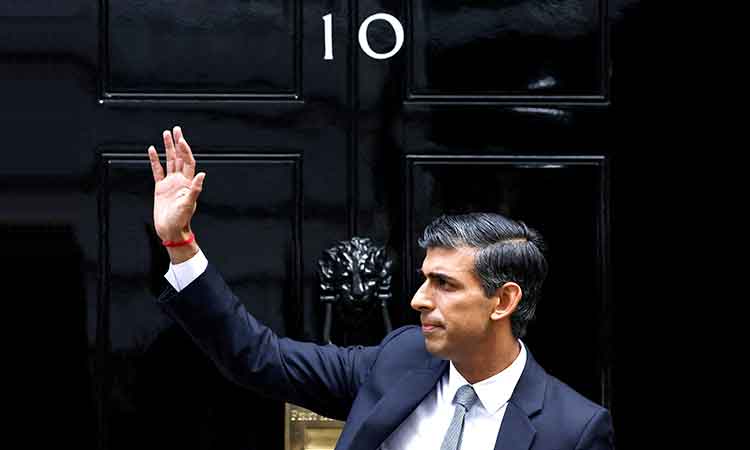Turkey’s top courts on collision course

Recep Tayyip Erdogan. File
Meanwhile, President Recep Tayyip Erdogan criticised the Constitutional Court and said that it had committed a series of mistakes. The protesting lawyers described the action of the Court of Cassation against the Constitutional Court as a judicial coup. Atalay had been convicted for trying to overthrow the government by organising protests in 2013 along with others including philanthropist Osman Kavala and sentenced to 18 years in prison.
The judicial row broke out at a time when the European Union (EU) released a report on Turkey’s democratic standards. It said that Turkey backslided on them. The report becomes relevant because of Turkey’s bid to be a member of the EU, which has been left undecided for more than two decades now. An independent and credible judicial system is a criterion that the EU would insist on.
The reason that Ankara is looking to EU membership is mainly for economic reasons. After being re-elected in the May presidential election, Erdogan has moved away from his home-made economic ideas and turned to traditional economic ideas like looking for foreign investments to strengthen Turkey’s economic growth. A quarrel between the two top courts will send a wrong message that investors may have trouble in enforcing their contractual terms.
The quarrel between the two top courts has also pushed Erdogan to say that there is need for a new constitution. But political observers feel that a new constitution would only mean that Erdogan wants greater control over the judiciary in the country. Erdogan said that the issue of a new constitution will be taken up by parliament.
The lawyers however have taken exception to the Cassation Court’s challenge to the Constitutional Court, saying that this was nothing but a judicial coup. Opposition leader Ozgur Osel criticised Erdogan for supporting the Cassation Court. He said, “The president, who takes his power from the constitution, supports the Court of Cassation’s actions ignoring the constitution.”
Meanwhile, the Cassation Court in a statement on Friday blamed the Constitutional Court for dragging the system into chaos, and it has offered to provide the necessary constitutional amendments to deal with the situation arising from individual appeals to the Constitutional Court. It is a strange move from the Court of Cassation. It is saying that it would offer constitutional amendments which keep the Constitutional Court out of cases which have been decided by the Court of Cassation.
Perhaps, what it implies that it will suggest the necessary amendments which then can be passed by the parliament in which Erdogan’s Justice and Welfare Party has a majority.
The 1982 Constitution which has been revised in 2017 is the basic document of the Turkey polity. The Preamble to the Constitution declares the sovereignty is vested in the “Turkish nation” and the individuals and organs “empowered to exercise this sovereignty in the name of the nation shall deviate from the liberal democracy indicated in the Constitution and the legal system instituted according to its requirements.” And it also says in the Preamble, “The separation of powers does not indicate an order of precedence among the organs of the state…” so the Court of Cassation can assert that it does not come under the jurisdiction of the Constitutional Court. The issue can be decided by Parliament and through a necessary amendment to the Constitution to sort out the impasse between the two top courts.







